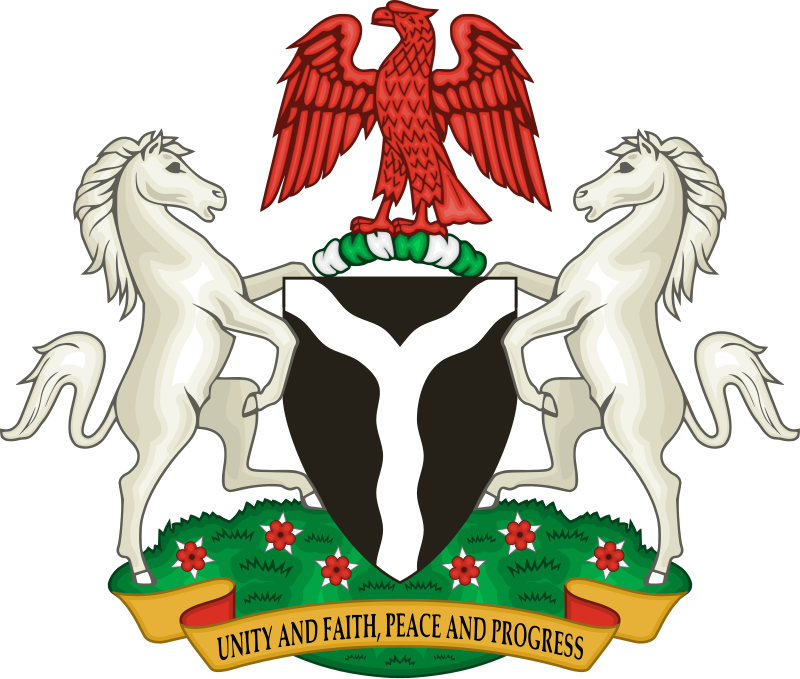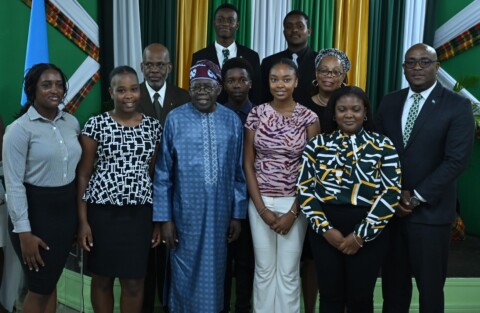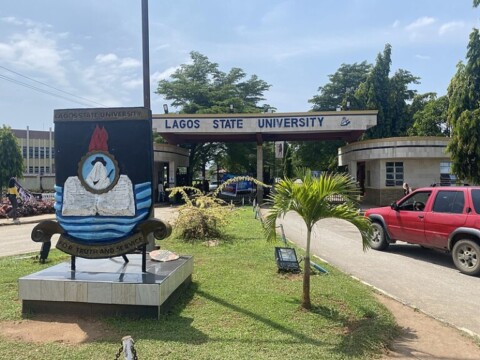The Federal Government has upgraded 38 federal and state technical colleges as part of a sweeping reform to equip Nigerian youth with globally competitive, practical skills.
Minister of Education, Dr. Tunji Alausa, made this announcement on Monday during the 2025 Quarterly Citizens and Stakeholders Engagement on the Nigeria Education Sector Renewal Initiative (NESRI), held in Abuja.
According to Alausa, the reform is aimed at transforming Nigeria’s education system into one that supports a skill-based, knowledge-driven economy. He revealed the introduction of a dual-training model in the upgraded technical colleges, where students now spend 80% of their time on practical training and 20% in the classroom.
“We’re creating a new value chain in the education sector by engaging artisans to mentor trainees, and they will be paid for their service,” Alausa said. “Our target is to train five million young Nigerians with globally relevant skills over the next four years.”
The minister stated that NESRI addresses major issues in the education sector, including access, quality, inclusivity, research, and professional development. He also highlighted the scale of the challenges Nigeria faces, noting that 15 million children are currently out of school, and over 45 million learners are considered “learning poor.”
Alausa emphasized that adolescent girls—particularly the six million between the ages of 12 and 19 who are out of school—are a central focus of the reform agenda.
In a significant step toward modernizing the education system, the minister announced that both the National Examinations Council (NECO) and the West African Examinations Council (WAEC) will begin conducting computer-based tests (CBT) starting in November 2025. By 2027, all national examinations, including the Joint Admissions and Matriculation Board (JAMB), will be fully digitized.
“This move is part of our strategy to combat exam malpractice and restore integrity to the assessment process,” he said.
Speaking at the event, Minister of State for Education, Suwaiba Ahmad, stressed the role of Technical and Vocational Education and Training (TVET) in closing Nigeria’s skills gap and reducing the country’s reliance on foreign workers.
“We’ve observed that some companies employ up to 60% of their workforce from outside Nigeria. That trend must change,” Ahmad stated.
Also speaking, Muntari Dandutse, Chairman of the Senate Committee on Tertiary Institutions and TETFund, pledged the legislature’s support, describing education as “the heart of national transformation.”





